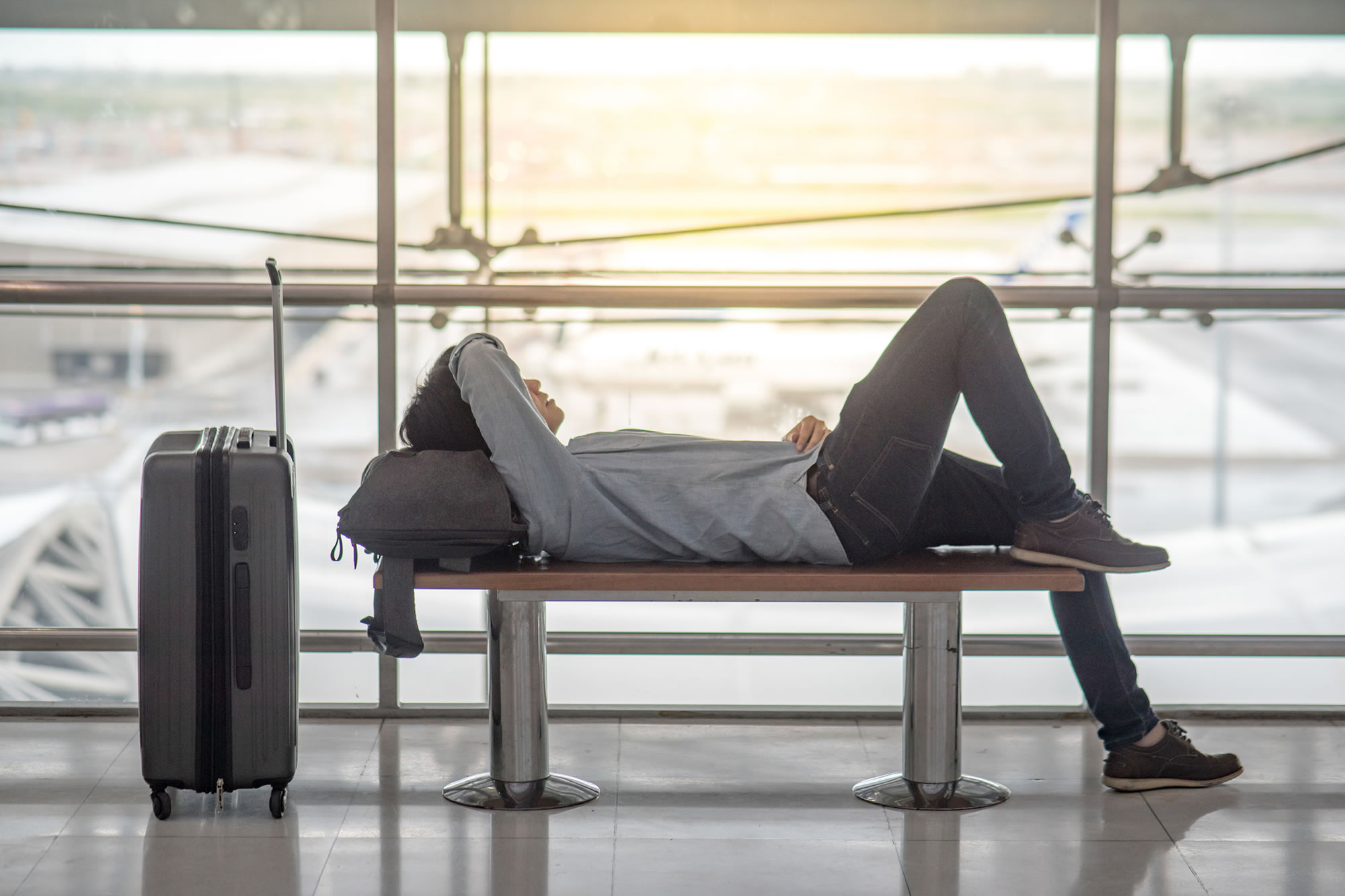Travelling can be an exciting experience, but sometimes unforeseen events like flight cancellations can dampen the mood. As the summer travel season gains momentum, it’s crucial for passengers to understand their rights and potential compensation in case their flights are disrupted. Recent incidents, such as the Canada Day weekend where almost 2,000 Air Canada flights were affected, have raised questions about airlines’ responsibilities to their customers.
If the disruption is out of the airline’s control, they must comply with Canada’s Air Passenger Protection Regulations (APPR). Airlines must inform passengers of the reason for delays or cancellations in plain language, regardless of whether it’s within their control. If the disruption is due to reasons such as bad weather, war, a medical emergency, airport issues, or a security threat, passengers are not entitled to compensation. Airlines are also not obligated to provide food, drinks, or lodging in such cases.
However, passengers should not accept an airline’s explanation at face value. John Lawford, executive director of the Public Interest Advocacy Centre in Ottawa, advises travellers to challenge airlines if they believe the situation was not entirely out of the carrier’s control. By conceding that the disruption was beyond their control, airlines may avoid compensating passengers. If a flight is delayed for more than three hours or cancelled, the airline must rebook passengers on the soonest available flight or refund their tickets upon request.
If the disruption is within the airline’s control, passengers have more options for compensation. If the flight is delayed for three hours or more, or if it’s cancelled, the airline must offer a refund or arrange alternate travel free of charge. This can include booking the next available flight on that airline or a different one, which follows a similar route within nine hours of the original departure time. If the arrangements offered are not suitable, passengers can request a refund and be assisted in returning to their original location.
Financial compensation also depends on the duration of the delay. For delays between three to six hours, the amount is $400; between six and nine hours, it’s $700; and for delays lasting nine hours or more, it’s $1,000 (amounts may differ for smaller airlines).
To seek compensation, passengers can file a formal claim with the airline’s customer relations department within three days of arriving at their final destination. If the claim is not handled satisfactorily within 30 days, passengers can escalate it to the Canadian Transportation Agency (CTA). However, it’s essential to note that the CTA has faced a significant backlog of complaints and may take time to resolve new claims.
Travellers should be aware of their rights and exercise their options when facing flight cancellations or significant delays. Understanding the regulations and advocating for fair treatment can help passengers receive the compensation they deserve and encourage airlines to prioritize customer satisfaction.







